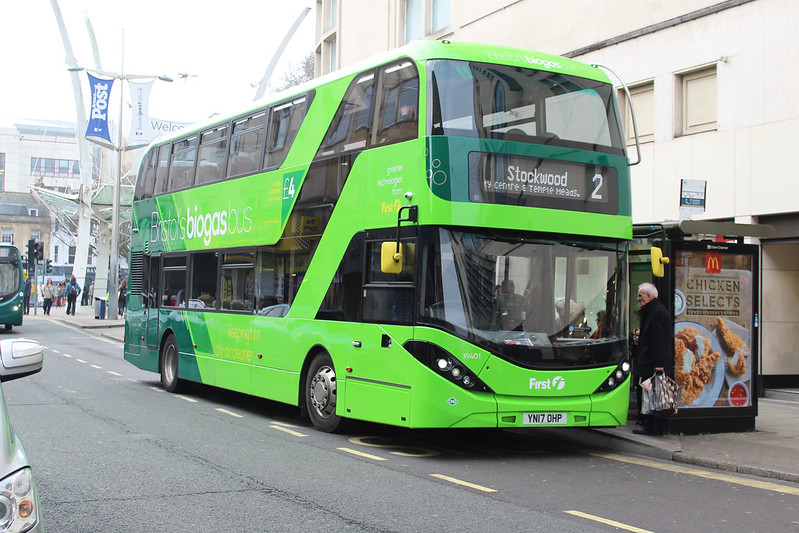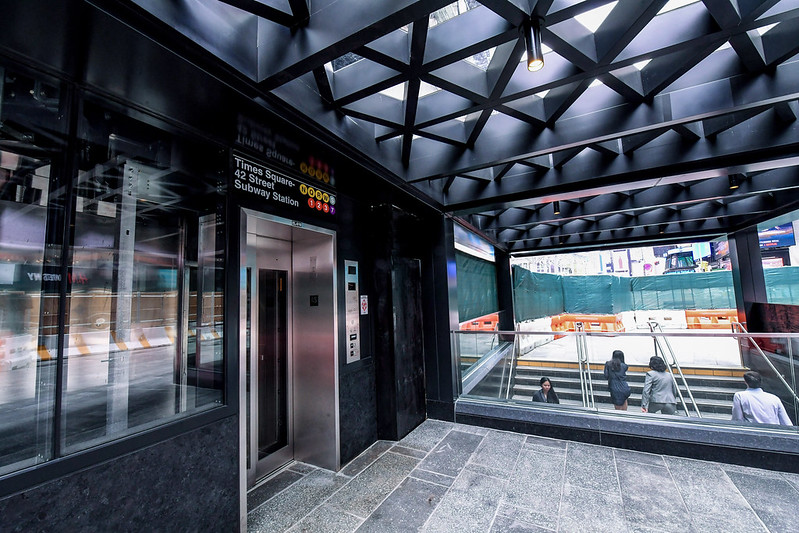
Photo: DSH transport (Flickr)
UK needs cheaper bus fares for young people, study claims
02 August 2022
by Christopher Carey
A new study from the University of the West of England (UWE Bristol) has revealed that young people aged 16-24 face difficulties in accessing free and discounted bus fares – despite using public transport far more than older age groups and having lower access to personal vehicles.
Bus fare support varies significantly across the UK, with some areas offering no support beyond the age of 16.
In areas with support, there is considerable variability in the type of offer provided as well as the ages that are eligible for support.
Speaking to Cities Today, Dr Sarah Collings, Senior Research Fellow, University of the West of England said: “Our policy briefing asks for support to extend up to the age of 25, at least.
“In the words of one of our young advisors, being young doesn’t stop at 18.
“We argue that extending support into mid-twenties helps us to better protect the long-term outcomes of young people.
“Transport is a facilitator. It allows us to get to places and experiences important to us and our wellbeing, such as to work or education, to meet friends or do exercise.”
In compiling the report, researchers from the university and the sustainable transport charity Sustrans examined current offers for young people across the UK, as well as ambitions for young person fares in the Bus Service Improvement Plans of 79 local transport authorities in England published in November 2021.
They discussed findings with a cohort of young people who helped to develop a set of proposed policy actions which will be sent to key decision makers in national and local governments and the transport sector for consideration.
Funding
When asked how authorities could afford to cut fares at a time when fuel and energy costs were rising, Collings said England’s recent National Bus Strategy had unlocked billions of pounds in funding.
“Thirty-one counties, city regions and unitary authorities in England have received a total said to be just short of £7 billion to go towards ‘levelling up’ public transport and other major local transport schemes.
“This could represent the unlocking of budget constraints that have previously existed for many authorities.
“Some cities have devolved powers and budgets which can be used for local priorities. For example, Greater Manchester has been able to introduce a pilot free bus fare scheme for 16-18 year olds drawing from its Mayoral budget.”
Andy Cope, Director of Evidence and Insight at Sustrans, said: “Young people are often reliant on buses to get to education or work, and amid historical cuts to services and a cost of living crisis, it’s vital they can access transport.
“At present there’s a postcode lottery of local and regional discounts for a range of ages, which is not fair and hardly in the spirit of levelling-up.
“Of course, while walking and cycling have an important role to play, for longer journeys buses can be a lifeline.”
Image: DSH transport (Flickr)










